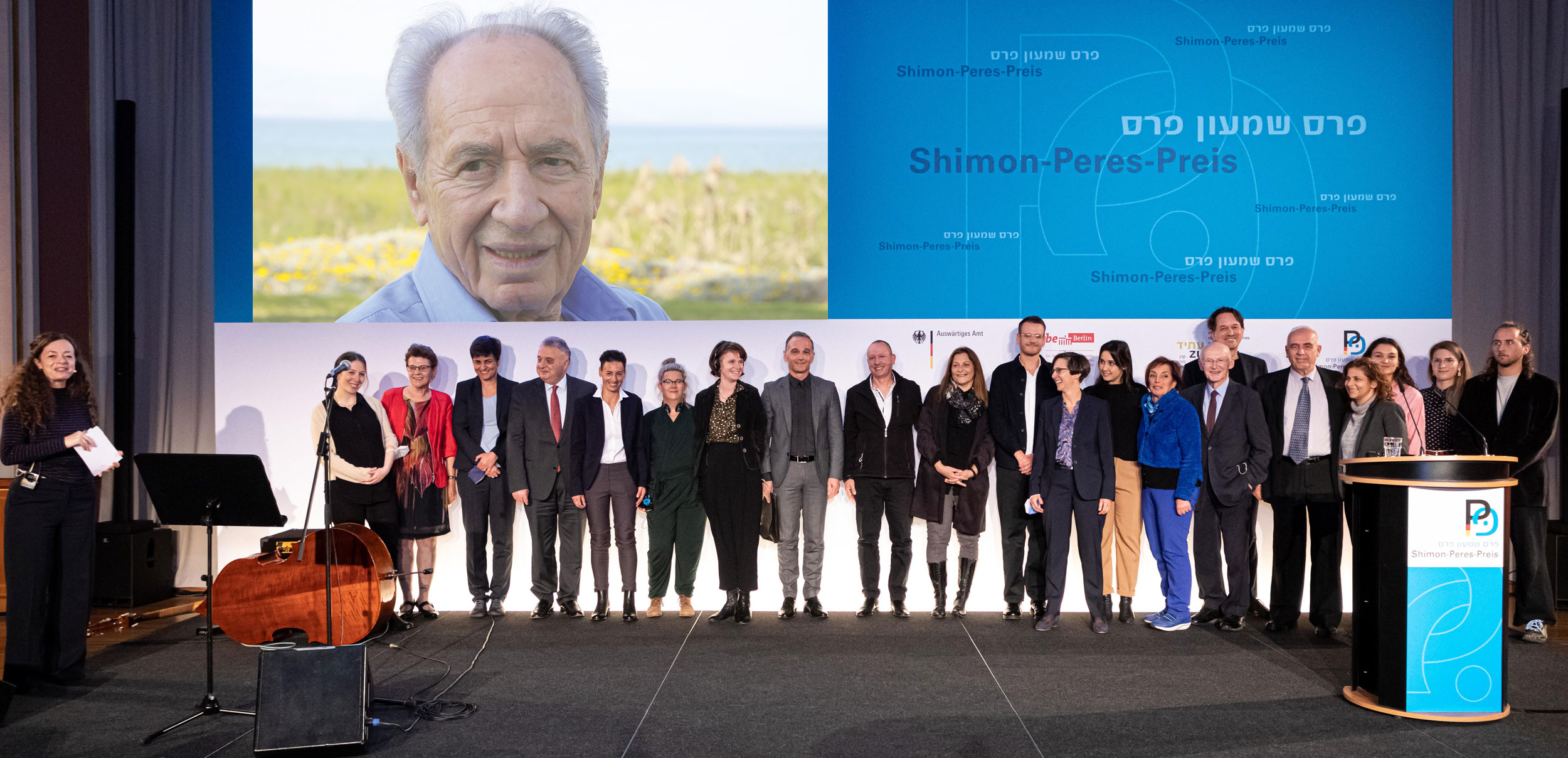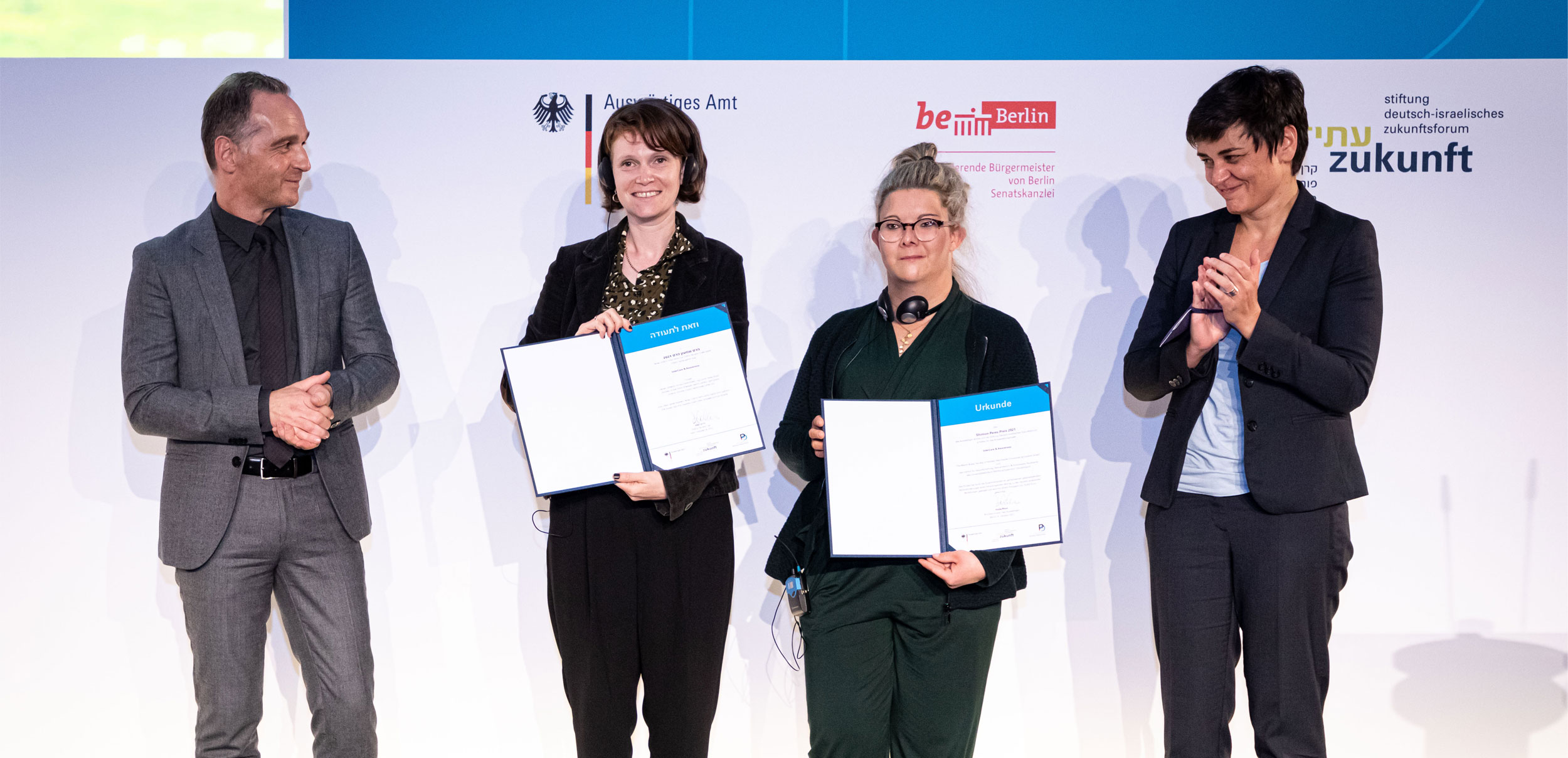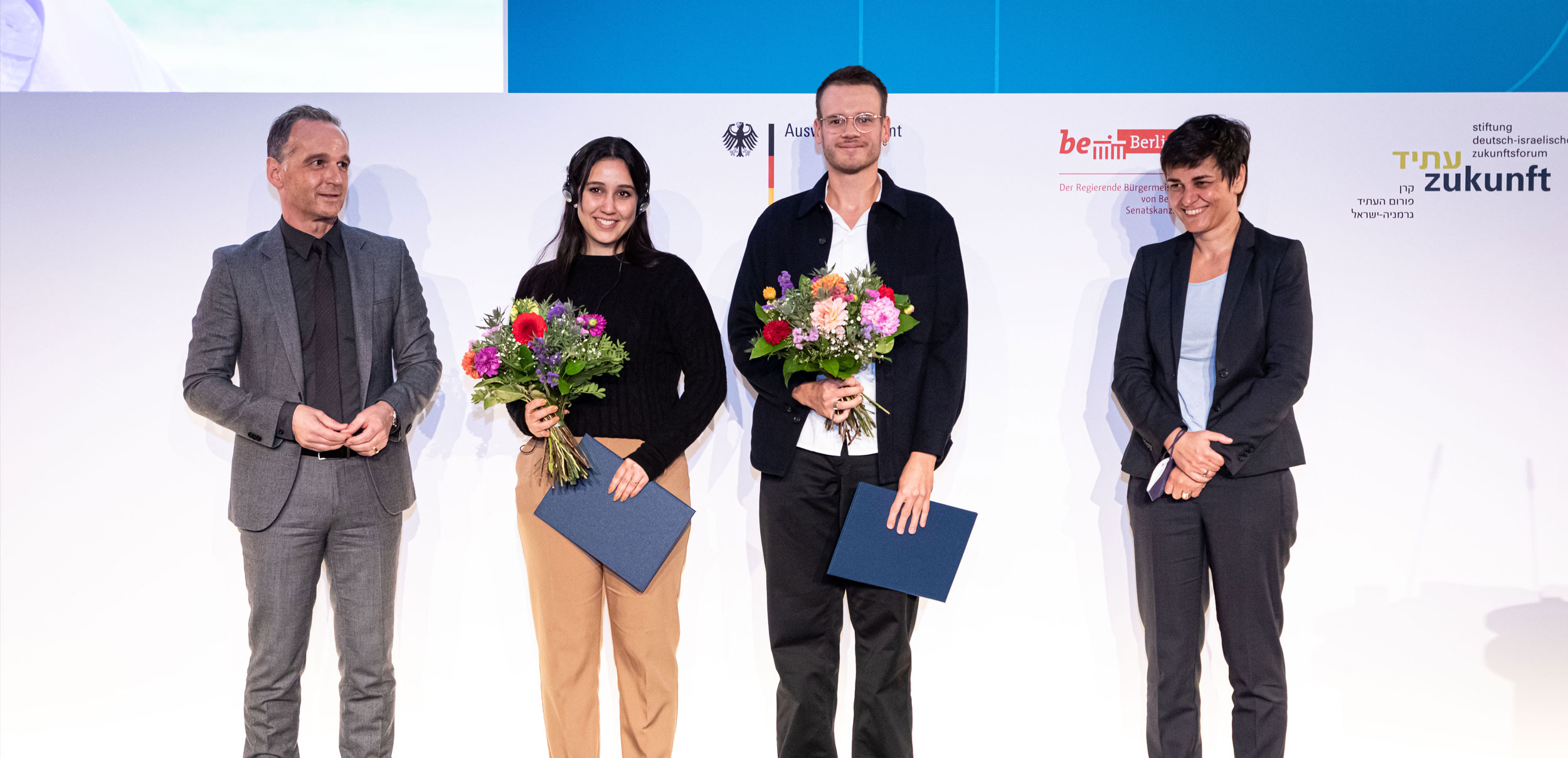
InterCare & Awareness
Intersex people are individuals with inborn, widely varying physical sexual characteristics. In many cases, the practice of “assigning” female or male gender which is still commonly applied leads to conflict between Intersex people, their relatives and the people responsible for their medical care. The aim of this project is to generate awareness and to improve psychosocial support and cooperation between all parties involved. In total, 30 psychologists, social workers, Intersex people and their relatives from Israel and Germany participated in the project. Joint workshops in both countries provided a framework for open dialog, further education and cooperation in small groups. The participants, who came from diverse social, linguistic and religious backgrounds, were united by their shared interest in the subject. Over a period of 15 months, they gained a range of different medical and social perspectives and designed new consultation methods, education and treatment concepts. The project results will be passed on to a broader academic audience and to interested members of the public, with the aim of raising awareness of the needs of Intersex people.
More information on InterCare & Awareness

Negotiation Matters
A joint project between the Institute for National Security Studies in Tel Aviv, the Shenkar College in Ramat Gan, the Goethe Institute e.V. in Munich and the University of the Arts in Berlin
The starting point of the project was the observation that too little attention is paid to the resolution of conflicts. History books and general narratives frequently focus on wars and conflicts, yet successful negotiations have no less long-lasting impact on the world. It is therefore worth making the effort to understand and illuminate their mechanisms. Throughout the course of the project, graphic design students from Israel and Germany developed a travelling exhibition with posters presenting twelve international conflicts. Each topic was introduced by an overview poster, and was supplemented by an additional poster showing the key positions of the different sides and the results of the negotiations. The wars, conflicts and crises that were the subject of the negotiations occurred in the 20th and 21st centuries, and are highly diverse with regard to their geographical location and content. From a temporal perspective, they begin with the Luxembourg Agreement (1952) and end with the Paris Climate Accords (2015). Common to all the topics is that they support the theory that despite all the necessary compromises and concessions, the decision to opt for the path of negotiation is always a good one.
More information on Negotiation Matters









